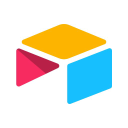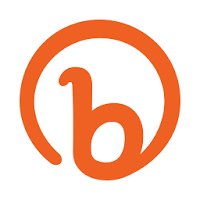How We Built A Voice Journaling App With 400+ Monthly Downloads And No Ad Spend
My name’s Rory of Sound Off, and I’m a 28-year-old telly writer from the UK. I’ve spent the last ten years writing on magic and entertainment television worldwide. If you’ve ever watched Magic For Humans on Netflix or played Neil Patrick Harris’ BoxONE game – I helped write both of those!
During the pandemic, I launched a voice journaling app called Sound Off. It’s like keeping a written journal - instead of writing things down, we voice what’s on our minds instead. It’s more free-flowing and closer to the way our minds like to think.
I should know!
I started voice journaling during the first lockdown and haven’t stopped since.

What’s your backstory, and how did you come up with the idea?
I always have a few projects on the go. Right before the pandemic began, I decided to leave my first app-related business, which sold hybrid watches. I wanted my next project to be app-based and with no...

Download the report and join our email newsletter packed with business ideas and money-making opportunities, backed by real-life case studies.

Download the report and join our email newsletter packed with business ideas and money-making opportunities, backed by real-life case studies.

Download the report and join our email newsletter packed with business ideas and money-making opportunities, backed by real-life case studies.

Download the report and join our email newsletter packed with business ideas and money-making opportunities, backed by real-life case studies.

Download the report and join our email newsletter packed with business ideas and money-making opportunities, backed by real-life case studies.

Download the report and join our email newsletter packed with business ideas and money-making opportunities, backed by real-life case studies.

Download the report and join our email newsletter packed with business ideas and money-making opportunities, backed by real-life case studies.

Download the report and join our email newsletter packed with business ideas and money-making opportunities, backed by real-life case studies.























